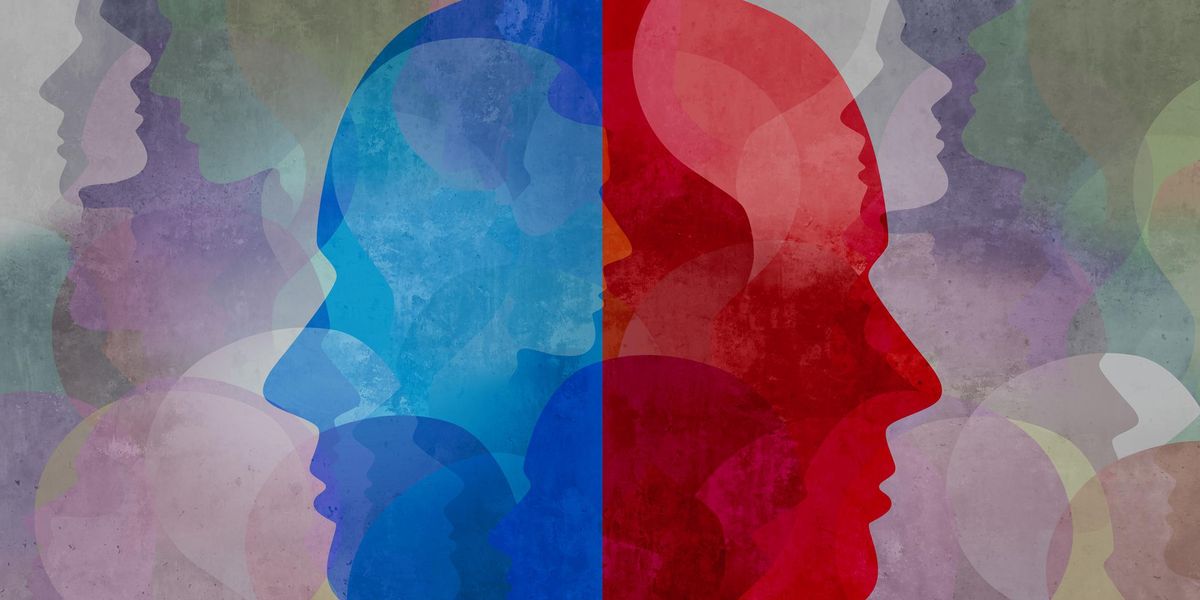Understanding Schizophrenia: Symptoms, Causes, and Treatment Approaches
Introduction
Schizophrenia is a complex mental disorder characterized by a profound disruption in thinking, perception, emotions, and behavior. It affects approximately 20 million people worldwide, making it one of the most debilitating mental illnesses. Despite significant advancements in neuroscience and psychiatry, the exact cause of schizophrenia remains elusive. This essay aims to explore the symptoms, potential causes, and various treatment approaches for schizophrenia.
Symptoms of Schizophrenia
Schizophrenia manifests through a myriad of symptoms that can be categorized into positive, negative, and cognitive symptoms. Positive symptoms involve distortions or excesses in normal functioning, while negative symptoms reflect deficits in normal behavior or functioning. Cognitive symptoms pertain to disruptions in cognitive processes, such as attention, memory, and executive function.:max_bytes(150000):strip_icc()/what-are-the-symptoms-of-schizophrenia-2953120-e15ca22957ec44ff8969cf9b8ac24568.jpg)
Positive Symptoms:
- Hallucinations: Patients may experience auditory, visual, olfactory, or tactile hallucinations, perceiving things that are not present.
- Delusions: Individuals may hold false beliefs, often characterized by paranoia, grandiosity, or persecution.
- Disorganized Thinking: This can lead to incoherent speech, erratic behavior, and difficulty in organizing thoughts.
Negative Symptoms:
- Affective Flattening: Patients may exhibit a lack of emotional expression, appearing emotionally dull or unresponsive.
- Avolition: This refers to a lack of motivation or interest in pursuing meaningful activities.
- Social Withdrawal: Patients may isolate themselves from social interactions and exhibit reduced communication.
Cognitive Symptoms:
- Impaired Memory: Patients may struggle with short-term memory, making it challenging to retain and recall information.
- Attention Deficits: Difficulty in sustaining attention and focusing on tasks is common among individuals with schizophrenia.
- Executive Dysfunction: Impairments in planning, problem-solving, and decision-making may occur.
Causes of Schizophrenia:max_bytes(150000):strip_icc()/schizophrenia-sign-symptoms-5095511_final-57a52853a10c4edcb4bd6a3b31f041ea.jpg)
The etiology of schizophrenia is multifactorial, involving a complex interplay of genetic, environmental, neurobiological, and psychosocial factors.
Genetic Factors:
Evidence suggests a strong genetic component in the development of schizophrenia, with heritability estimated to be around 80%. Family studies have shown that individuals with a first-degree relative affected by schizophrenia have a higher risk of developing the disorder.
Neurobiological Factors:
Abnormalities in brain structure and function are commonly observed in schizophrenia. Neuroimaging studies have identified structural changes, including enlarged ventricles and reduced gray matter volume in certain brain regions. Dysregulation of neurotransmitters such as dopamine, glutamate, and serotonin is also implicated in the pathophysiology of schizophrenia.
Environmental Factors:
Prenatal and perinatal factors, such as maternal infections, malnutrition, and obstetric complications, have been associated with an increased risk of schizophrenia. Additionally, exposure to psychosocial stressors during critical periods of development may contribute to the onset of the disorder.
Psychosocial Factors:
Stressful life events, trauma, childhood adversity, and urban upbringing have been linked to an elevated risk of schizophrenia. Socioeconomic factors, including poverty, unemployment, and social isolation, can exacerbate the course of the illness and impact treatment outcomes.
Treatment Approaches for Schizophrenia
Schizophrenia requires comprehensive treatment involving a combination of pharmacotherapy, psychosocial interventions, and supportive services tailored to the individual's needs.
Pharmacotherapy:
Antipsychotic medications are the cornerstone of pharmacological treatment for schizophrenia. First-generation (typical) antipsychotics, such as haloperidol and chlorpromazine, primarily target dopamine receptors to alleviate positive symptoms. Second-generation (atypical) antipsychotics, such as risperidone, olanzapine, and clozapine, offer broader efficacy by modulating dopamine and serotonin receptors while minimizing extrapyramidal side effects.
Psychosocial Interventions:
Psychosocial interventions play a crucial role in addressing the functional impairments and psychosocial difficulties associated with schizophrenia. Cognitive-behavioral therapy (CBT), family therapy, supportive therapy, and social skills training are among the evidence-based psychosocial approaches aimed at enhancing coping skills, improving social functioning, and reducing relapse risk.
Rehabilitation and Recovery Programs:
Rehabilitation programs provide vocational training, supported employment, housing assistance, and community integration services to help individuals with schizophrenia regain independence and achieve meaningful life goals. Recovery-oriented approaches emphasize empowerment, self-determination, and holistic well-being, recognizing that recovery from schizophrenia is a unique and ongoing process.
Challenges and Future Directions
Despite advancements in understanding and treating schizophrenia, several challenges persist, necessitating ongoing research and innovation:
- Treatment Resistance: A subset of individuals with schizophrenia may exhibit resistance to conventional antipsychotic medications, highlighting the need for novel treatment strategies, such as glutamatergic modulators or targeted psychopharmacology approaches.
- Personalized Medicine: Given the heterogeneity of schizophrenia, personalized treatment approaches based on genetic, neurobiological, and psychosocial factors hold promise for optimizing treatment outcomes and minimizing adverse effects.
- Early Intervention: Early detection and intervention are critical for improving long-term outcomes in schizophrenia. Implementing psychosis detection programs, enhancing public awareness, and reducing treatment delays are vital for timely intervention and symptom management.
- Integrative Care Models: Integrating mental health services within primary care settings, fostering collaboration between psychiatrists, primary care providers, and community resources, can enhance continuity of care and promote holistic well-being for individuals with schizophrenia.
- Empowerment and Advocacy: Empowering individuals with schizophrenia through education, self-help groups, peer support networks, and advocacy efforts can promote self-advocacy, reduce stigma, and enhance social inclusion.
Conclusion
In conclusion, schizophrenia is a complex and challenging mental disorder characterized by a diverse array of symptoms and etiological factors. While the exact cause of schizophrenia remains elusive, advances in genetics, neuroscience, and psychosocial research have deepened our understanding of its underlying mechanisms.
Effective management of schizophrenia requires a multidimensional approach that addresses biological, psychological, and social factors. Pharmacotherapy, psychosocial interventions, rehabilitation programs, and recovery-oriented services play pivotal roles in promoting symptom relief, functional recovery, and quality of life for individuals living with schizophrenia.
Moving forward, efforts to improve early detection, personalize treatment approaches, foster collaboration across healthcare sectors, and empower individuals with schizophrenia are crucial for enhancing outcomes and reducing the burden of this debilitating disorder. By working collaboratively towards these goals, we can strive to create a more supportive and inclusive society for individuals affected by schizophrenia and their families.













































